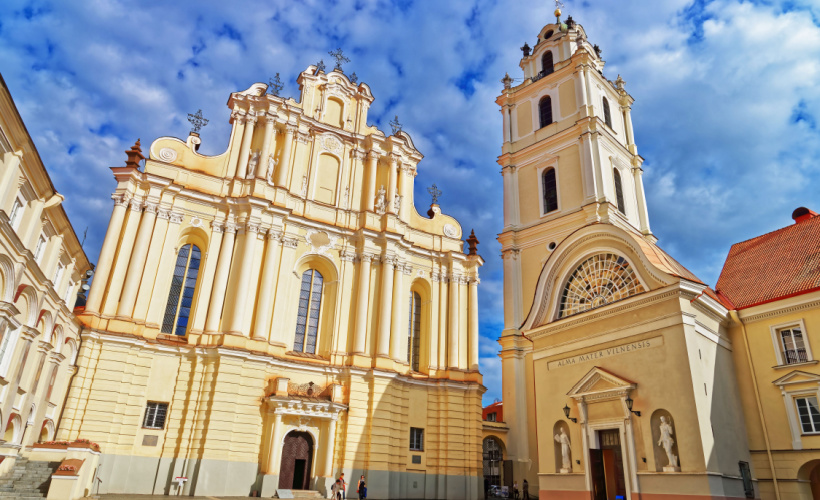The breakup of the Austro-Hungarian, German and Russian empires after the First World War resulted in the emergence of a number of independent states between the Baltic, Black and Adriatic seas. Shared economic and security concerns of these new countries inspired ideas about a common geopolitical block in the area before the Second World War. Such a geopolitical block had also been conceived by the region’s powerful neighbours as a means of dominating it (e.g., Germany’s Mitteleuropa or France’s Little Entente). From within the region, one of the most powerful impulses for the region’s consolidation and independence from external powers came from Poland as a neo-Jagiellonian federation proposed by Józef Pilsudski.
While the early twentieth century concepts, deeply rooted in geopolitics, had remained frozen in the period of Soviet dominance over the region, they re-emerged at the turn of the twentieth and twenty-first centuries in the context of a revival of democracy, market economy and European integration of its constituent countries. The latter factor in particular facilitated the creation of the Central European Free Trade Agreement – CEFTA as well as the Visegrad Group – V4. These initiatives illustrated both joint efforts in the name of a “return to Europe” as well as competing visions and paths to realise it. Since 2004, the opportunities of the Big-Bang Enlargement and threats of Russia’s aggressive politics led to a series of new initiatives, such as the Bucharest Nine – B9, the Three-Seas Initiative – 3SI, the Lublin Triangle, or the PL-UA-UK trialogue, aimed at giving the region a stronger voice in EU and NATO as well as improving its economic and security network. Today, the Russo-Ukrainian war and the political, economic and humanitarian support flowing from the region to Ukraine, as well as visions of Ukraine’s post-war reconstruction, seem to lay foundations for the region’s enhanced common identity vis-á-vis both Western Europe and Russia.
The symposium will bring together the leading researchers in the field to discuss the past, the present and the future of enhanced cooperation in the region that has long captivated the geopolitical imagination of statesmen and scholars alike.
Welcome (5 min.):
Dr. Donatas Kupčiūnas (University of Cambridge) and Dr. Przemyslaw Biskup (PISM)
Panel (50 min.):
Dr. Donatas Kupčiūnas, Research Associate, Centre for Geopolitics, University of Cambridge (moderator)
Dr. Stanley Bill, Associate Professor in Polish Studies and Director of the Slavonic Studies Section, Faculty of Modern and Medieval Languages and Linguistics, University of Cambridge
Mrs. Kinga Dudzińska-Raś, Senior Analyst, Central Europe Programme, PISM
Prof. Bartłomiej Zdaniuk, University of Warsaw, former ambassador of Poland to the Republic of Moldova (2017-2022)
Q&A (35 min.)







